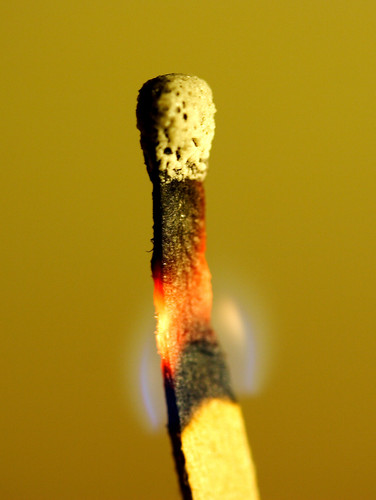Malcolm Gladwell observed that we need to spend 10,000 hours, or approximately ten years, to master a skill. He cited The Beatles and Fleetwood Mac as examples: Even those music geniuses had to accumulate almost ten years of “practice” before they started to generate masterpieces. But did he talk about the other 10 years—the countdown? Great artists seem to run out of their creative energy after 10 good years.
Before I sold my soul to a devil called Bon Jovi*, The Beatles and Simon & Garfunkel were my musical teachers. I noticed a strange similarity between these two groups: They both started at the beginning of the 1960s and ended at 1970. Is that a coincidence?
(*In return, the devil cursed me by making Livin’ On A Prayer my eternal musical identity – but that’s another story.)
The fact that two of the greatest artists ever both disbanded after ten years stuck into my brain for years. Is that a coincidence? I listed some of the best-selling artists and their creative periods below, and yes, I see an eerily pattern: their creativity seems to wane down after a decade.
- Elton John: the 1970s
- Bon Jovi: 1984 (Bon Jovi) – 1992 (Keep The Faith)
- Oasis: 1992 (What’s the Glory) – 2000 (New York)
- Green Day: 1996 (Dookie) – 2006 (American Idiot)
- Police/Sting: 1977 (The Police) – 1987 (Nothing Like the Sun)
- R.E.M.: 1987 – 1997
- U2: 1980 – 1991 (Achtung Baby)
Some artists continue to innovate. For example, U2 still produced great songs into the 21st century. (I still say that after 1990 I have mostly been listening to their occasional hit singles, not the entire album.) But more often than not, they lose the momentum. Why do they—if I dare say—burn out after 10 years? They had all the money and time in the world to concentrate on churning out beautiful songs, no longer having to make ends meet in a local pub—but they couldn’t, at least as they used to be.
I think it has to do with the “hole.” My theory is that creativity is more of our desire to fill a huge hole in our soul rather than our passion to add an extra layer onto our lives. We keep throwing whatever we have at hand to fill in that aching hole in our heart, and because the hole is so dark and deep, we have to make our work equally great.
But a hole eventually gets filled in (or we lose our energy), and that in general seems to happen after 10 years of productive “filling.” Some people find a new hole out of their comfort zone and start filling it again. Maybe U2 has been practicing it; they seem to change their musical style for each album. For others, they come to term with their achievements and carry on their post-hole era. In Steve Jobs’ biography, Jobs recalls his meeting with Bob Dylan:
He was just telling me about his life and about writing his songs. He said, “They just came through me, it wasn’t like I was having to compose them. That doesn’t happen anymore, I just can’t write them that way anymore.” Then he paused and said to me with his raspy voice and little smile, “But I still can sing them.”
It’s sad that we might not be able to hear new great songs from Bob Dylan, but Bob Dylan himself seems to be in peace with who he is now. It is at least much better than a world without Bob Dylan not having had burned his candle bright enough.


